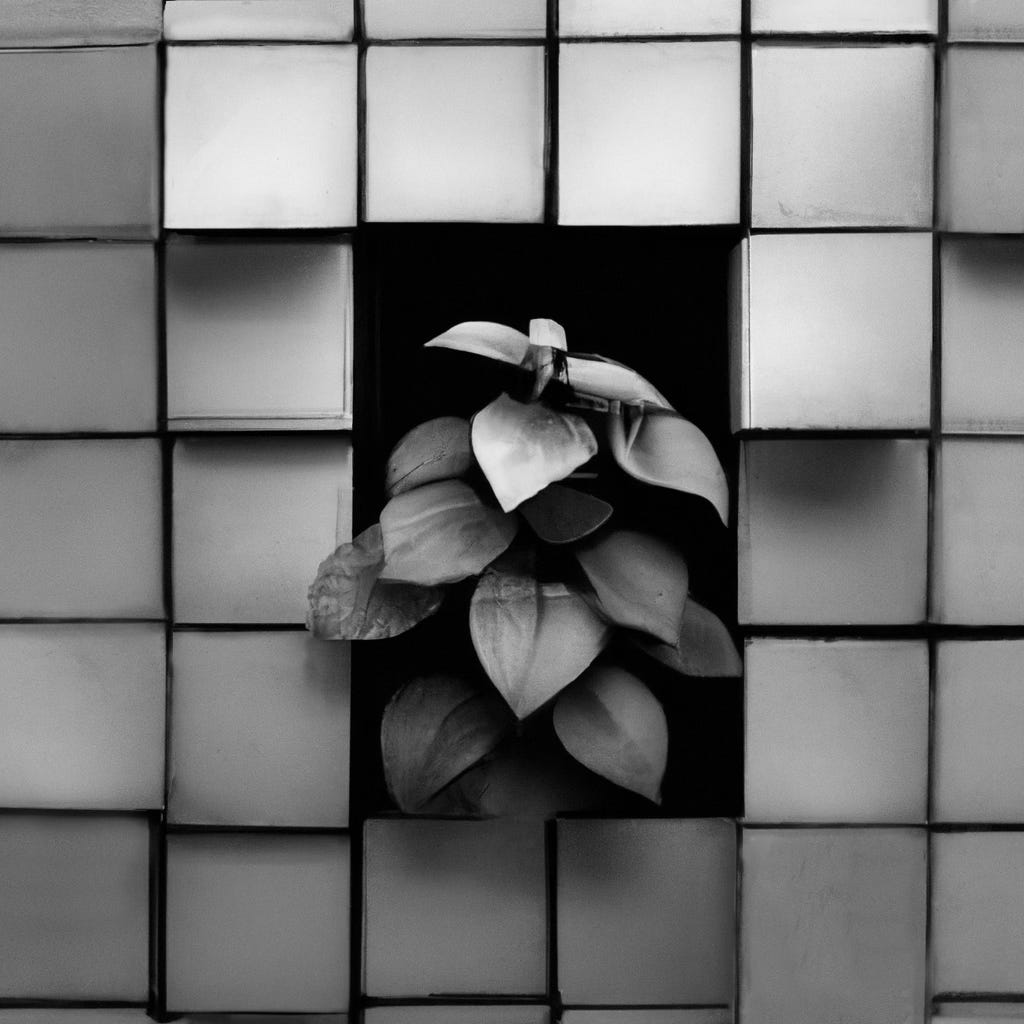The more perfect the system, the less space for greatness.
Systems sustain themselves by eliminating anomalies. Greatness lives only in those anomalies.
Perfection is often mistaken for progress. In every industry, institution, and ideology, the pursuit of flawless systems becomes the measure of success. Efficiency replaces purpose, predictability replaces discovery, and in the name of optimization, we quietly dismantle the very conditions that once gave rise to greatness. The more stable the environment, the less it tolerates deviation—and greatness has always been a deviation.
A system is, by definition, a set of rules designed to prevent chaos. It protects what exists, not what could exist. The more complete it becomes, the less room it leaves for the unpredictable, for the individual who refuses to conform. Systems are built to sustain themselves, not to evolve. They perfect the process of replication, not the act of creation. Over time, they produce safety in exchange for stagnation.
Every great leap in history came not from the well-integrated, but from the misaligned—from those who resisted the comfort of smooth operations and dared to build outside the structure. Systems reward obedience, but the future belongs to those who disobey with purpose. The system can polish efficiency to its extreme, but the cost of total efficiency is the extinction of the exceptional.
The irony is that the very perfection we strive for ends up sterilizing the human element it was meant to serve. The more predictable a system becomes, the less capable it is of producing the unpredictable breakthroughs that redefine it. What is labeled as “best practice” often becomes the ceiling for what is possible. When every process is standardized, creativity becomes an anomaly, and anomalies are corrected—not celebrated.
Progress demands imperfection. Friction, conflict, and uncertainty are not symptoms of failure—they are the conditions for evolution. A perfect system cannot improve because it has no room left for error, and therefore, no room left for learning. The individual, on the other hand, evolves precisely through resistance. To remove resistance is to remove the potential for transcendence.
The challenge, then, is not to destroy systems but to resist worshipping them. Systems should serve as instruments, not cages. They should amplify human potential, not replace it. When the structure begins to dictate the limits of ambition, it ceases to be infrastructure and becomes ideology. And every ideology, no matter how well-intentioned, eventually turns against its creators.
The future will not belong to the perfectly managed, but to the deliberately imperfect—the ones who leave enough chaos in the equation to allow greatness to emerge. True progress will always depend on those who see beyond what works and dare to create what should exist, even when it breaks the system that sustains them.

